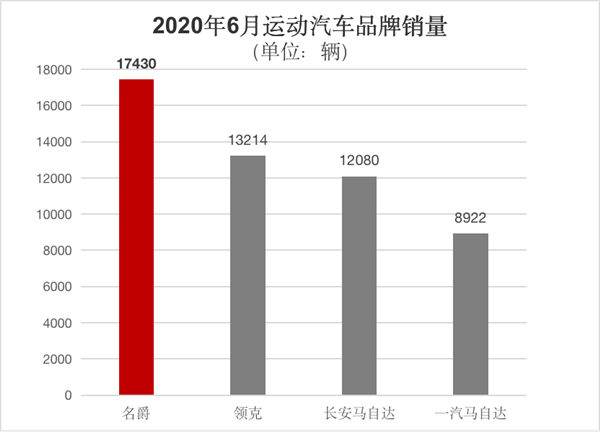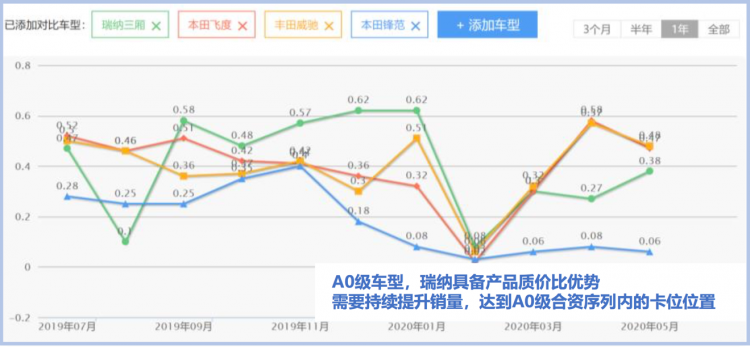May 15, 2019, Shanghai — Shared travel has attracted the attention of consumers because it meets the personalized travel needs in different scenarios, and has become a new battlefield for many auto brands and technology companies. However, the JD Power (Jundi) 2019 survey on the use of shared cars by Chinese consumers released recently shows that Chinese consumers are still in the “experimental period” for time-sharing rental services in the field of shared cars, and their brand loyalty is not high; The poor user experience in the process may become an obstacle to the further popularization of time-sharing rental services.
The survey shows that when Chinese consumers use time-sharing leasing services, they pay much more attention to the service experience than the car brand itself. The top three factors that consumers value most are the convenience of returning the car (29%), price and Service (27%), safety and insurance (26%), and only 5% of users pay attention to car brands.

The key points consumers pay attention to when using shared travel services, data source: JD Power (Jundi) 2019 survey on the use of shared cars by Chinese consumers
Pei Lin, director of JD Power China’s automotive product division, said: “The user experience requirements of shared travel include convenience, price, safety, etc., while the importance of car brands has been weakened. This finding shows that in the future travel services On the battlefield, auto brands themselves cannot bring in more user traffic, and all competitors in travel service operations stand on the same starting line.”
But user experience is precisely the main reason preventing consumers from continuing to use time-sharing car rental services. According to the survey, the top four concerns of consumers surveyed about time-sharing rental services are: handling of traffic accident claims (48%), dirty and messy environment inside the car (43%),
Few charging piles (43%), few outlets (41%) and inaccurate vehicle positioning/difficulty finding a car (41%). Among them, female users are more concerned about the handling of traffic accident claims and the dirty and messy environment in the car than male users.

The main reasons hindering consumers from using time-sharing car rental, data source: JD Power (Jundi) 2019 survey on the use of car sharing among Chinese consumers

“The operating model of shared travel determines that user experience must be its core driving force. At this stage, consumers are still in the early adopters of time-sharing leasing. If service operators cannot provide high-quality, differentiated, and trustworthy service experience , will lead to consumers’ doubts about the brand, alienation and low loyalty.” The survey results also confirm this view. .
Other findings from the survey:
Consumers’ future expectations for time-sharing rental services: Nearly 80% of users (79%) expect vehicles to have intelligent scheduling and automatic driving functions, and to be able to use vehicles in any place in time. This data also reflects the current car-sharing network Problems such as unscientific distribution and inconvenient use of cars. With the development of digitalization and intelligence, consumers also expect AI functions to enter the field of shared cars, and 40% of users (42%) raised the demand for automatic identification by AI assistants.




